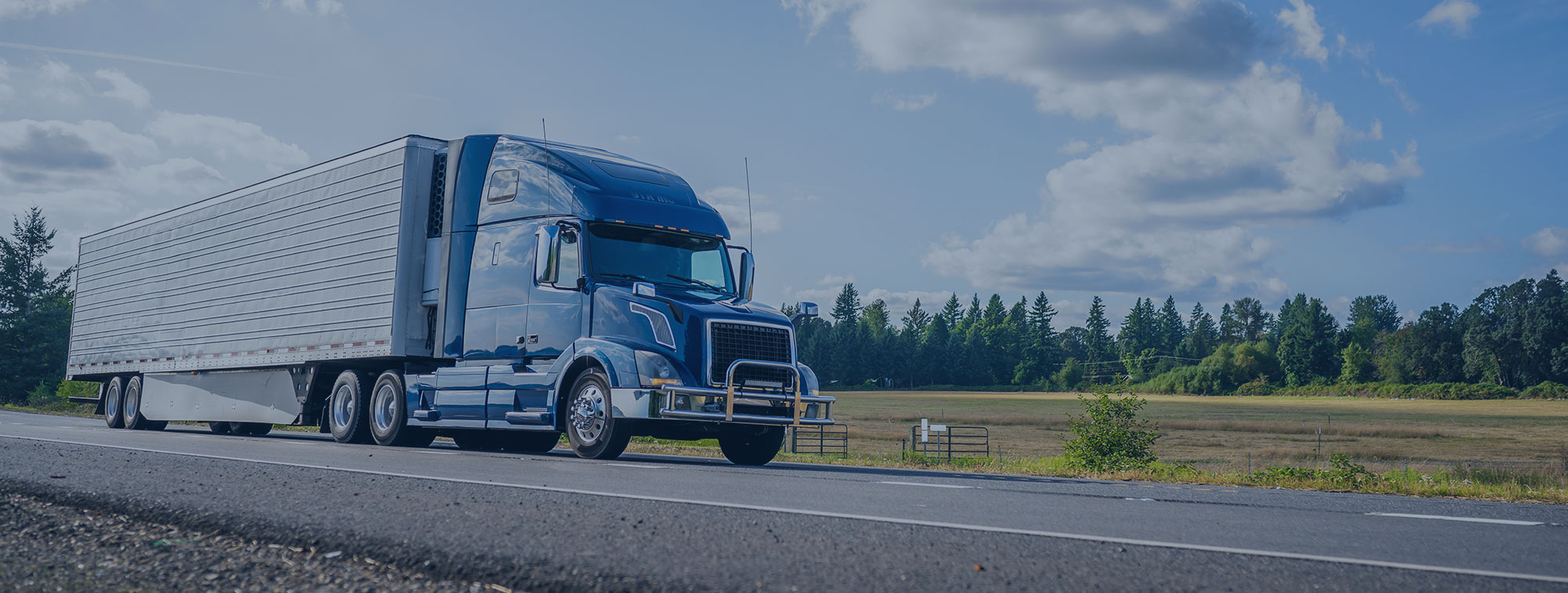Sparklers, burgers on the grill, freight vanishing in the blink of an eye—it’s all just around the corner. That’s right, the 4th of July holiday cargo theft spike will be here before you know it—and this year could be a doozy.
This spring, CargoNet reported that fictitious pickups and fraud complaints were up 675% in the first 20 weeks of 2023 over the same timeframe last year. Complicating matters further, the 4th falls on a Tuesday. With many taking Monday off to extend their long weekends, bad actors have an even larger window of opportunity to seize your freight while businesses are closed or lightly staffed.
Have a load shipping from Oregon and arriving in Chicago on Saturday? It could be Wednesday morning before someone realizes it’s gone—and the long stretch before discovery makes theft recovery all the more difficult.
Is your cargo theft risk particularly elevated?
While less sophisticated thieves will blindly take and grab what they can, crime syndicates have the tech and inside connections to be more choosey. They know what loads are most valuable, what they can fence quickly, and where freight is most vulnerable—and they act accordingly.
Be on high alert if you’re shipping:
- Beer, wine, and spirits
- Energy drinks
- Cigarettes
- Electronics
- Clothing
- Household goods
- Auto parts and accessories, like batteries, tires, and motor oil
If your load is moving through one of these cargo theft hotspots, it’s also at greater risk:
- Southern California, especially in the Glendale area
- Dallas-Fort Worth metro
- Chicagoland area
- Atlanta metro
- Philly
We also know that loads at rest are loads at risk. Your cargo theft threat is greatest at warehouses, distribution centers, and parking lots.
So, ask yourself: Am I taking precautions to protect against fraud? Am I asking all the right questions?
Amp up your cargo security
First things first, mitigate fictitious pickups. It’s possible when you establish robust processes at the point of pickup and are hyperaware:
- Before the driver arrives, ask for a photo of the truck and make sure it’s what actually rolls into your yard
- Match your PO number up against the one provided by the driver
- Confirm any load reference numbers and pickup numbers match
- Confirm the driver’s name, truck number, and trailer number match the details your 3PL provided you
Likewise, be sure you have copies of your 3PL’s and carrier’s certificates of insurance (COI)—and carefully review the policies to understand if you’re exposed.
If anything is amiss or the load doesn’t have adequate protection, do not release it.
Ensure you’re in a strong position to make a cargo claim
Everything checks out? Great. But before you greenlight the driver, document everything.
If a theft should occur on the road, the work you do now will give you the best chance possible for an insurance recovery:
- Thoroughly document your load contents, quantities, and note any possible damages or exceptions—take photos of everything (if granted access to your dock, your carrier should do the same before signing for the load)
- Take pictures of all the documents, including signatures
- Take photos of the freight before and after it’s loaded—if you’re shipping on a flatbed, take photos of the load before and after it’s tarped
Confirm your 3PL is a relentless cargo security partner
In this industry, it can be easy to see 3PLs as a commodity—but like any line of work, there are those that are diligent about everything they do and those that play it fast and loose.
So, it pays to ask some tough questions before you ever place a load in their care:
- What processes and technologies have you implemented to verify your carriers and ensure I don’t become a victim of fraud?
- What are the minimum carrier security requirements you have in place to qualify your carrier partners?
To be sure, any 3PL worth their salt will gladly share the precautions they take to protect your business.
Likewise, confirm your 3PL is asking their carrier partners how they’ll protect your freight when it’s in their hands:
- If they’re going to hold your load, will the lot be staffed and secured—and have cameras been installed?
- Will they put locks and seals on your freight?
- Where will they park the tractor-trailer if they need to break in-transit?
- What kinds of tracking will they have in place on the truck, trailer, and cargo?
- Have they confirmed the receiver’s hours of operation for pickup and delivery?
- Is their carrier liability coverage current and sufficient to cover the value of your load?
Don’t fall into the trap of thinking it can’t happen to you
A cargo loss feels a lot like a swift punch to the gut. Not only can it squeeze your cash flow and damage customer relationships, it can leave you scrambling to deliver replacement goods—with shortages and delays potentially rippling out to other customers.
That’s why it pays to give cargo security its due.
Before you wrap up for the long holiday weekend, take a moment to beef up your driver sign-in procedures, ensure insurance coverage is in place, and that your 3PL is as committed to getting your freight safely from Pointblank to Point Pleasant as you are.
Ready to simplify your logistics?
Let’s deliver on your customer promises now, and as your business grows—together.

